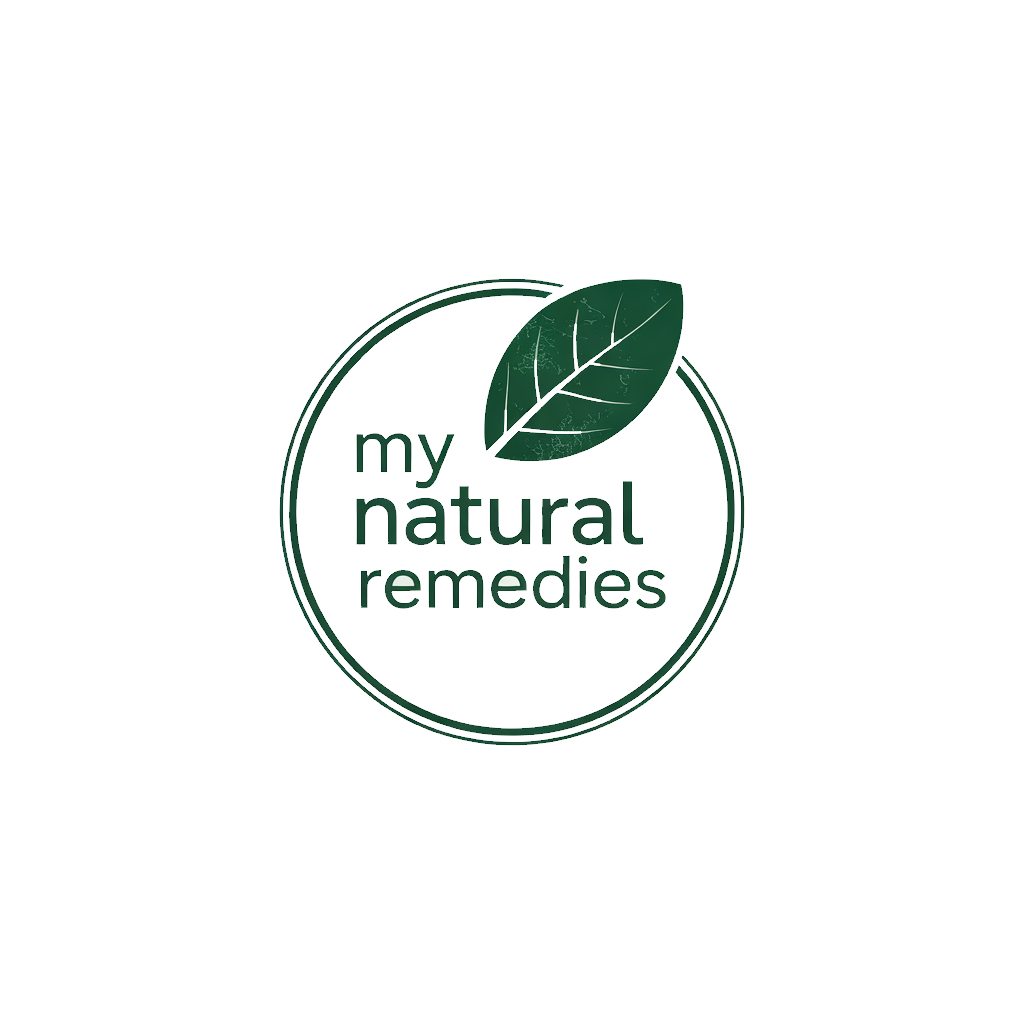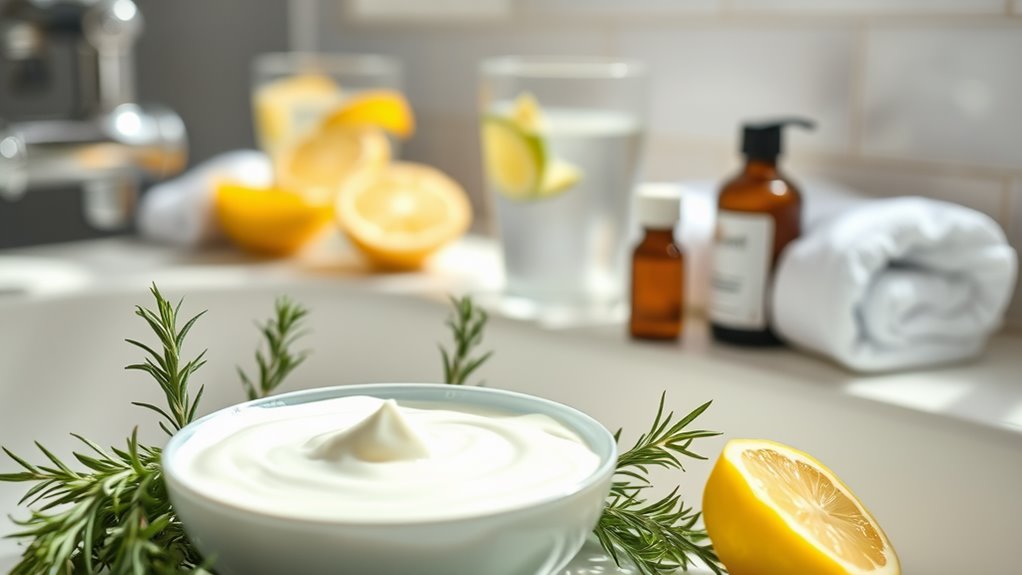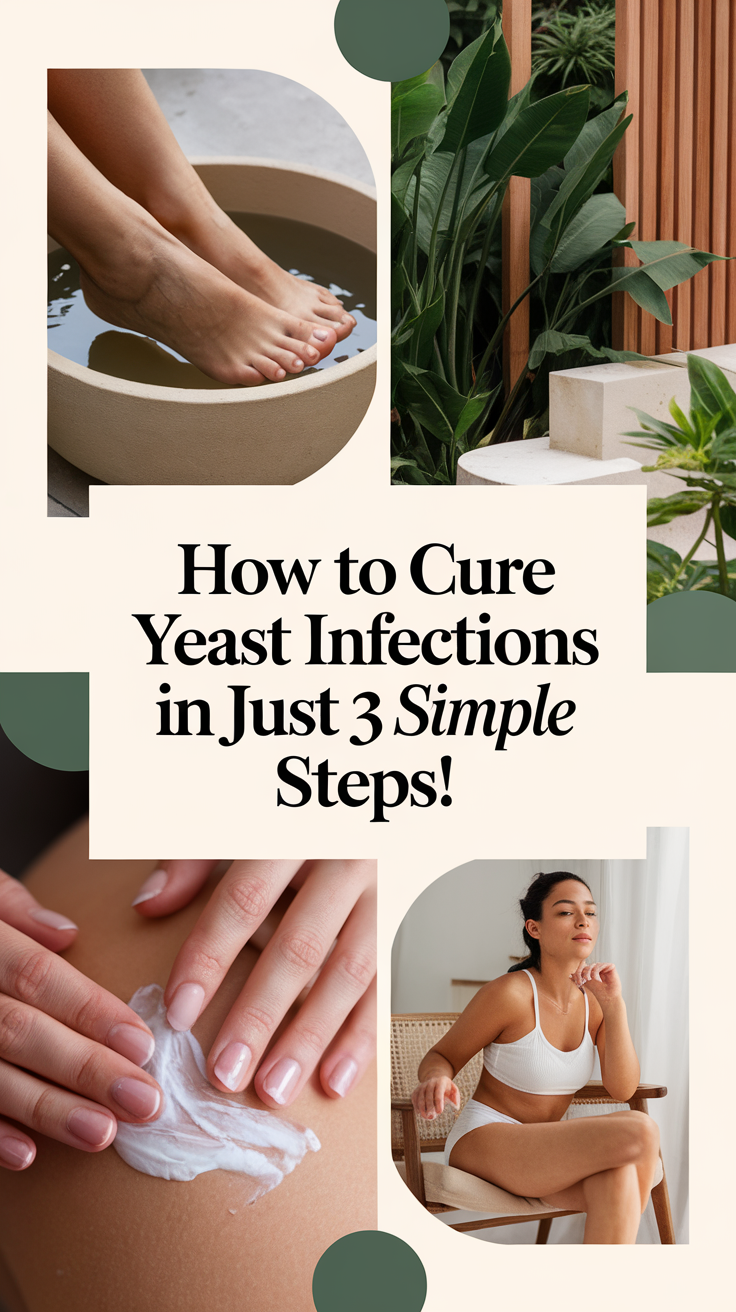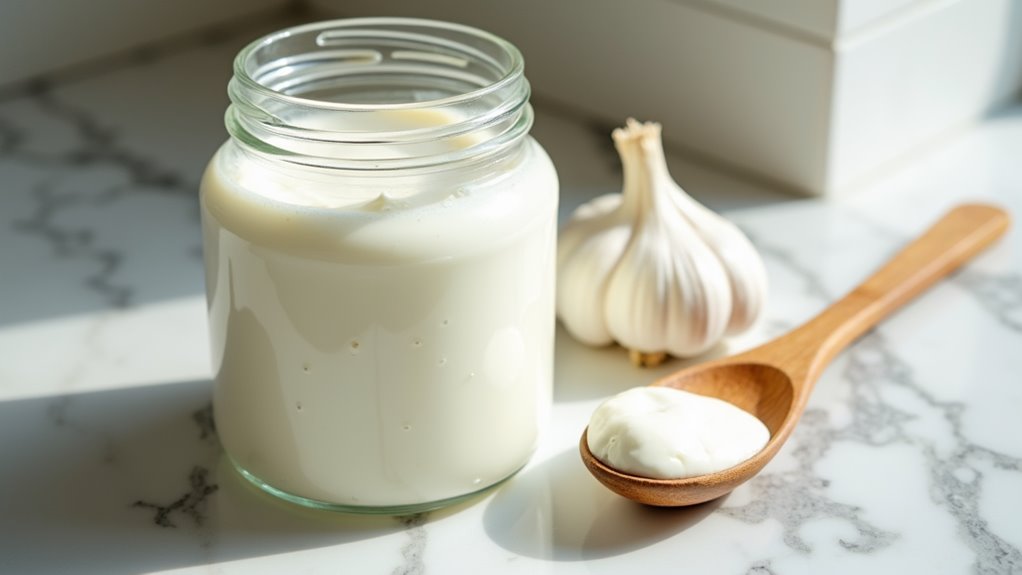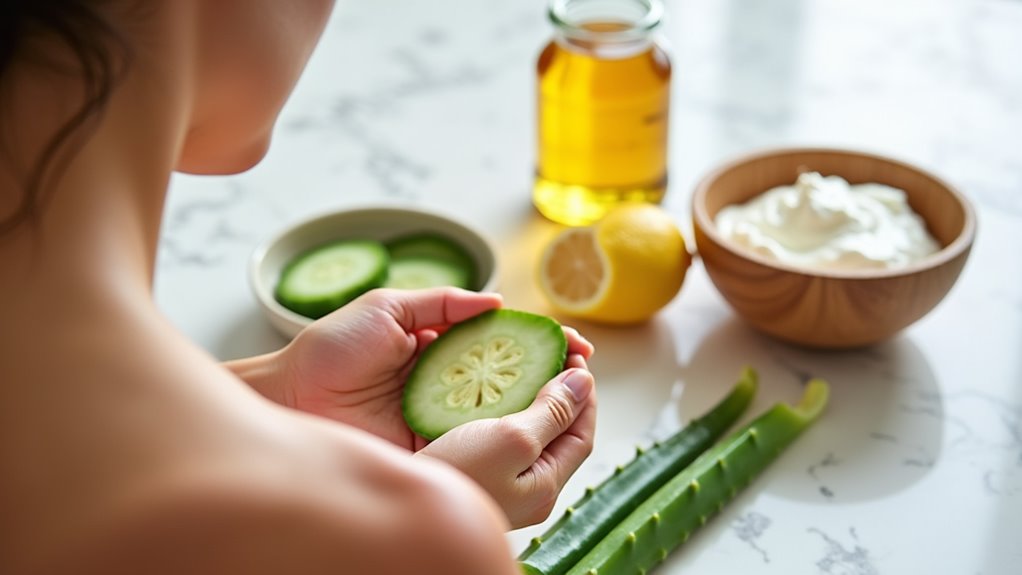How to Cure Yeast Infections in Just 3 Simple Steps!
You can cure yeast infections in just three simple steps! First, recognize the symptoms like itching or a thick, white discharge. Next, choose effective remedies. You could try over-the-counter antifungal creams or natural options like coconut oil or yogurt. Just follow the instructions carefully. Lastly, maintain preventive measures, like practicing good hygiene and avoiding tight clothing. Staying hydrated and limiting sugar also helps keep yeast at bay. It’s a simple way to get back to feeling great! If you’ve got more questions or want to explore other tips, there’s so much more information waiting for you!
Identify the Symptoms
Recognizing your body’s signals is crucial when it comes to identifying yeast infections. Ignoring those signals can lead to discomfort, and you certainly don’t want that. So, let’s dive into some common signs that may indicate a yeast infection.
First, you might notice itching or irritation in the vaginal area. It’s that annoying itch that just won’t quit! You may also experience a thick, white discharge that resembles cottage cheese. It’s definitely not the most pleasant sight. Another sign to watch for is redness or swelling around the vaginal opening, which can feel sensitive and uncomfortable.
Sometimes, people experience a burning sensation during urination or while having sex. That’s your body telling you something isn’t right. By paying attention to these symptoms, you can practice symptom recognition and take action sooner rather than later. It’s important to remember you’re not alone in this; many people have faced similar issues, and acknowledging these signs is a step in the right direction. If you recognize any of these common signs, don’t hesitate to seek help. Your health matters, and finding the right support can make all the difference!
Choose Effective Remedies
Once you’ve identified the symptoms of a yeast infection, it’s important to take action and choose effective remedies. You want to feel better, and luckily, you’ve got options! First up, consider natural treatments. Many people find relief using things like coconut oil or yogurt. These can be gentle and help restore balance. Plus, they come with that warm, fuzzy feeling of going the natural route!
If you’re looking for something quicker, over the counter options are your best friends. You can find antifungal creams and pills at your local pharmacy, usually without needing a prescription. Just grab one that’s right for you and follow the instructions on the package. It’s super simple!
Maintain Preventive Measures
To keep yeast infections at bay, it’s essential to adopt preventive measures that fit seamlessly into your routine. You want to feel good and healthy, and these tips can help you get there:
- Practice good hygiene****: Always keep your body clean and dry, especially in warm, moist areas. A little extra care goes a long way!
- Make smart dietary changes*: Incorporate more *probiotics into your meals, like yogurt or fermented foods. They can help balance your body’s natural bacteria.
- Stay hydrated: Drinking plenty of water helps flush out toxins and keeps your body functioning well.
Frequently Asked Questions
Can Men Also Get Yeast Infections?
Yes, men can get yeast infections. If you notice symptoms like itching, redness, or a rash, it could be a male yeast infection. It’s important to seek advice and find the right treatment together.
Are Yeast Infections Contagious?
Yeast infections aren’t contagious in the traditional sense, but they can spread through shared items. To reduce risk, avoid sharing personal items and maintain good hygiene. You’re not alone—many face this challenge together.
How Long Does It Take to Cure a Yeast Infection?
It usually takes a few days to a week for a yeast infection to clear up with appropriate treatment options. If symptoms persist longer than that, you should consult a healthcare professional for further guidance.
Can Diet Impact Yeast Infection Recurrence?
Absolutely, diet can impact yeast infection recurrence. By making dietary changes and incorporating probiotic foods, you can help balance your body’s flora, reducing the likelihood of infections. You’re not alone in seeking a healthier lifestyle!
What Should I Do if Symptoms Persist?
If your symptoms persist, explore symptom management strategies and consult a healthcare professional about treatment options. You’re not alone in this; many face similar challenges, and finding the right support makes a difference.
